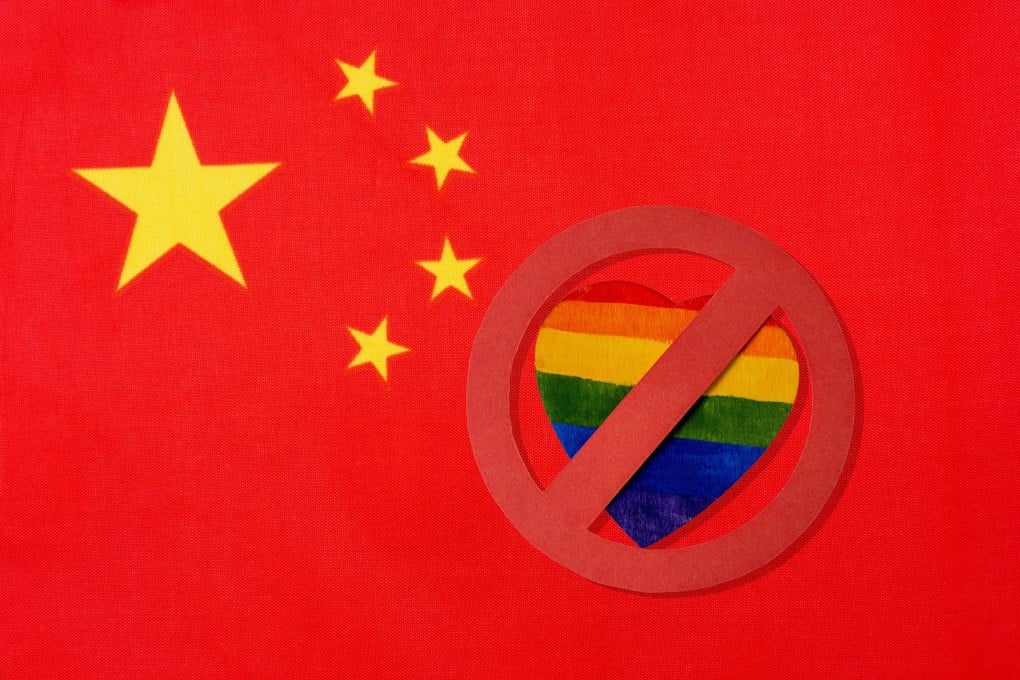Chinese social media shutdown of LGBT student groups ‘highlights backlash against Western influences’
- The decision to close dozen of student groups’ WeChat accounts may be linked to wider tensions with the West and a new focus on traditional values
- Many still see homosexuality as a result of foreign lifestyles and not compatible with Chinese culture

“There is a tendency in China for some people to relate homosexuality and LGBT people to Western lifestyles or capitalistic, bourgeois decadence, so this was in line with a moral panic,” said Hongwei Bao, an associate professor of media studies at the University of Nottingham and specialist in queer politics in China.
“Especially now, there’s tension between China-West relations, so there is likely to be a heightened sense of nationalism which sees LGBT issues, feminist issues, as Western, as unfit for China.”
Aynne Kokas, an associate professor at the University of Virginia and expert on US-China media and technology relations, said the idea that LGBT was a Western imported concept was “particularly troubling” because it could be “mobilised within the context of Chinese national security regulations”.
“If it’s Chinese people, then that’s harder to frame as a national security risk, and it becomes more of a government accountability question,” she said. “[But] if it’s outside Western groups that are agitating using LGBT groups, then that can be framed as a national security risk, and then there are a whole host of other laws that can then apply.”